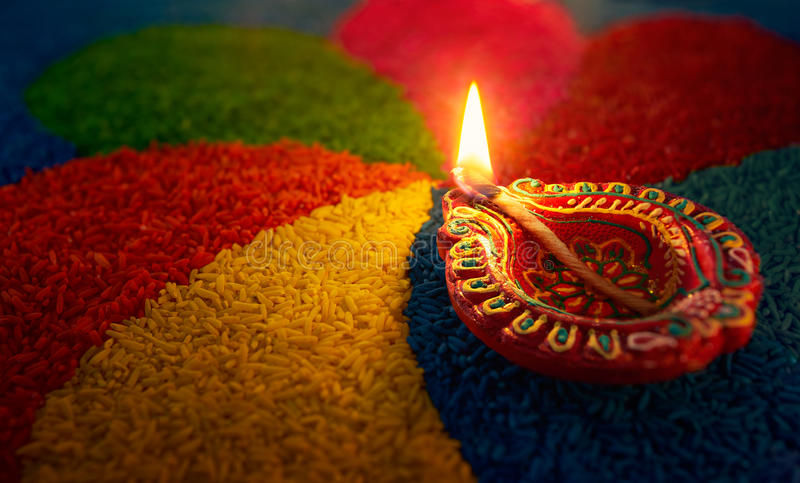Diwali!!
- HC Gazette
- Nov 4, 2021
- 3 min read
With its mythological history dating back to the “treta yuga”, Diwali is a widely admired, adored, and celebrated festival throughout India. Let us take a look at why it should be celebrated with even more enthusiasm in the coming years….

Picture Credit: Dreamstime
Diwali is the festival of lights and optimism. Today, if not idealistic, at least the practical truth is that darkness, selfishness, and negativity take hold of society. In such a scenario, the sparkle of Diwali comes as a hope. Today, when there is no Rama guiding his Laxman saying,
"अपि स्वर्णमयी लंका, लक्ष्मण नामम् रोच्चयते
जननी जन्मभूमिश्च स्वर्गादपि गरीयसी"
(Although Lanka is a city of gold, yet it doesn’t attract me(Rama), because mother and motherland are greater than heaven itself).
Instead of leaving a city of gold behind for one’s motherland, the situation is the opposite. The villagers and small town people are compelled to abandon their mother as well as motherland and migrate to the shining Lanka-like metropolitan cities to meet the very basic requirements of life.
Implication: Today, the divisional powers like casteism, regionalism, linguism, communalism are engulfing the humanitarian values. In such a time, it becomes even more relevant to celebrate Diwali, where Rama wins and mighty Ravana loses, because of his affiliation to unethical paths. Diwali can’t be merely restricted to symbolic reference, it is much more than that. Not only it signifies the win over evil but in the times where brothers are becoming enemies for property, it also Bharat's act of refusing the royal throne and honouring Rama’s charan paduka shows the complete surrender of himself in brotherhood and respect. It reminds us of a society where the society believed in “प्राण जाए पर वचन न जाये” .(Life can end, but not the promises.)
Despite rapid urbanisation and rising self-centrism, Diwali comes as a hope to share values, emotions and happiness. It is not just a festival, but a tradition that connects us with the goodness of the past and teaches us to move ahead and embrace the future. Tradition is a chariot whose rear wheels are the past values, and the front wheels represent the times ahead. The culture that teaches us to celebrate Diwali, is the culture that is referred to as “नित्य नूतन चिर पुरातन”, i.e.,it becomes new everyday and is ages old.
It is not just a mere coincidence that we celebrate Diwali immediately after harvest of kharif crops and Holi is celebrated immediately after harvest of rabi crops. Indian culture in its every essence has been grateful to nature, the festivals and celebrations are a way to express gratitude to mother nature. And, any act that exploits nature in the name of celebration, is just an attack and an invasion in the sanctity of this great culture.
Last but not the least, this Diwali, embrace local. Lighten as many homes as you can. The pandemic has ruined millions of households, let us together rebuild as much as we can.
In the end, few lines by Padma Shri Gopal Das Neeraj,
“मगर दीप की दीप्ति से सिर्फ़ जग में,
नहीं मिट सका है धरा का अँधेरा,
उतर क्यों न आएँ नखत सब नयन के,
नहीं कर सकेंगे हृदय में उजेरा,
कटेगे तभी यह अँधेरे घिरे अब
स्वयं धर मनुज दीप का रूप आए
जलाओ दिये पर रहे ध्यान इतना
अँधेरा धरा पर कहीं रह न जाए…..”
By Aryan Pandey,
Aryan is a second year student of English hons at Hindu College, University of Delhi. Aryan is currently serving at the position of Associate Editor and in-house writer at Hindu College Gazette. He also works with the People’s Archives of Rural India(PARI). He is a literature student with a great interest in the socio-politics of the country.



Comments